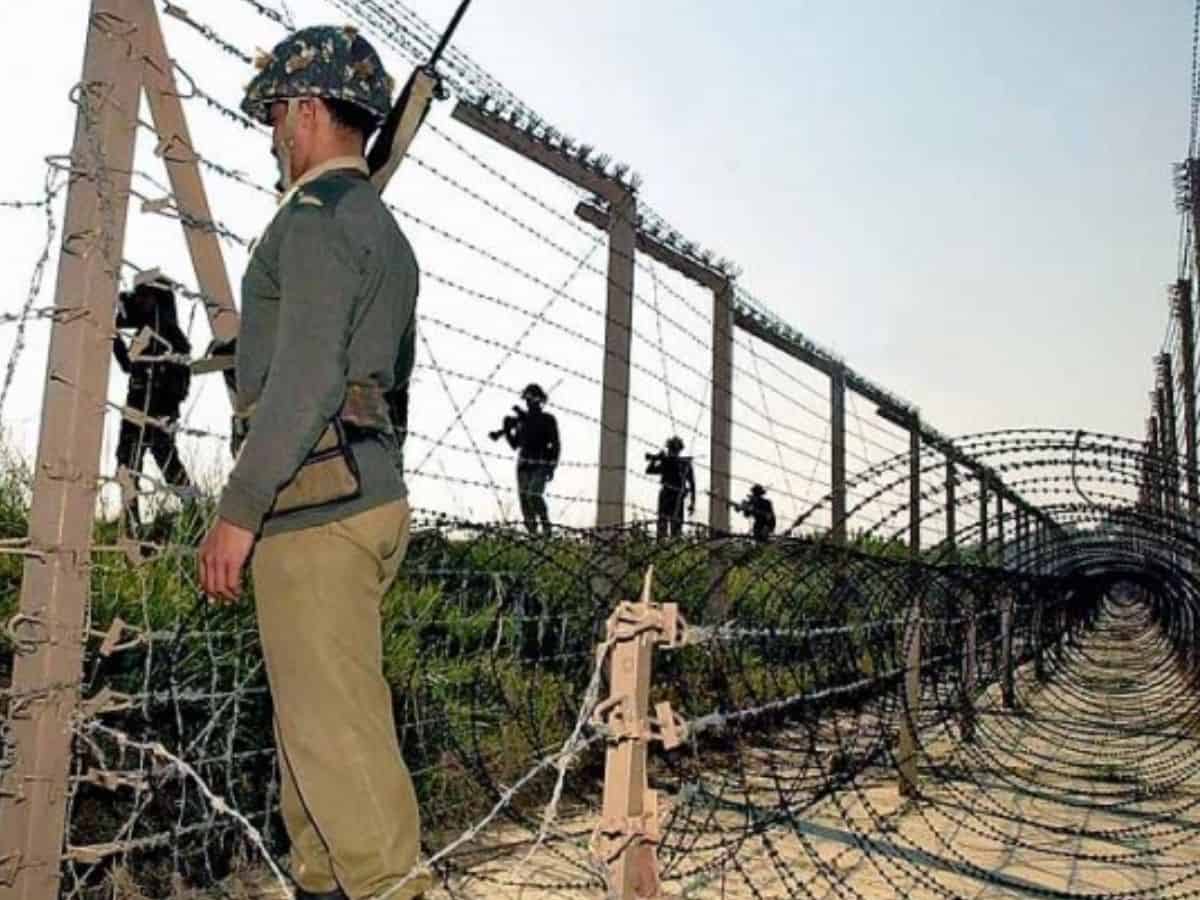
The security dimensions of Jammu and Kashmir have changed, and the challenges are far greater than the state had witnessed during 30 years of high-intensity terror violence which manifested religious, political goals, the posts for which were set up by Pakistan. The times have changed, the officialdom is reveling in its successes against terrorism which have come about in pursuance of “zero tolerance” to terrorism policy. It denotes not only the terrorists, but those who hosted them, facilitated and sympathized with them, too are on the target of the security forces. The successes are counted in statistics – militants killed, decline in terror attacks. This is linked to the consolidating pillars of normalcy, and that is taken as final success. Nothing more, nothing less.
The only worrying feature for the government and the security agencies is relentless Pakistani campaign to undo all what has been achieved in Jammu and Kashmir in the past four years, after the abrogation of Article 370 and making J&K as one of the two union territories in the aftermath of the end of the special status under Article 370 in August 2019. It is being given out that had Article 370 not been abrogated and J&K not made UT, the situation in Kashmir would have been no different from it was. The logic is that the statehood and the special status allowed secessionism to flourish- Article 370 symbolized, and in effect, it was a barrier between the idea of India, geographically, psychologically, and that enabled Pakistan to take advantage of exploiting the internal weaknesses. The plugging of these loopholes has created conditions in which the people can breathe easily without any fears of the past when shadows of uncertainty had characterized their lives. This much is clear and true.
In 1990s- the period which is seen as high-terrorism era where terrorists called the shots and the administration worked as their arm to stamp their words into actions. This is a grim reality and no one can turn blind eye to it. That era is gone, but it has left its legacy – the people are conscious that the militancy is a means to achieve their ends, though they also have confronted the reality that the violent means end in destruction. But the opinion is still divided, as the government has taken administrative and military measures to kick terrorism to margins. There, always is a possibility of terrorism returning to the Centre if transition is seen as permanency. At the moment, it’s a phase of transition, where things can move ahead toward permanent peace, or, at the same time relegate to the ugly days of the past. True as it is that most of the people who have re-tasted the fruits of normalcy, with their lives getting back on the track, would not allow the disruptive elements to come back and interrupt their lives. But there are certain other things which frustrate them – they are chosen as partners only as long as they repeat what the administration says, but when they say something about their own grievances, they find themselves as outsiders in their own land. this frustration is growing, though it is left unspoken.
The internal dimension of the security situation requires newer and innovative attention. Guns have been used in plenty to kill terrorists and send a loud message that terrorists would not be allowed to operate in any form. But the guns are not the only solution to the problems There is a need to bridge the gaps between the people and the administration, and these cannot be bridged without opening lines of communication. The bureaucracy, howsoever efficient it might be, cannot develop connect with the masses. The bureaucrats are bound by limitation of their time- they have to attend their official assignments, participate in all the government sponsored functions, and in the current situation, they look for their safety in service by being more loyal than the king. Bureaucrats cannot air the grievances of the people and they have very limited capacity to redress the grievances of masses. This is widening gap, and creating security threats of different kinds. Silence of the people is not a consent to what all is happening.
The government should devise ways and means to address grievances of the people. It would be better if it identifies blanks in the picture instead of looking at the perfect in its narrative – job done. A revisit of the pre-1989 history would serve some important lessons that how the things change in Kashmir. Permanency of peace has its imperatives in which dissent is quintessential.

